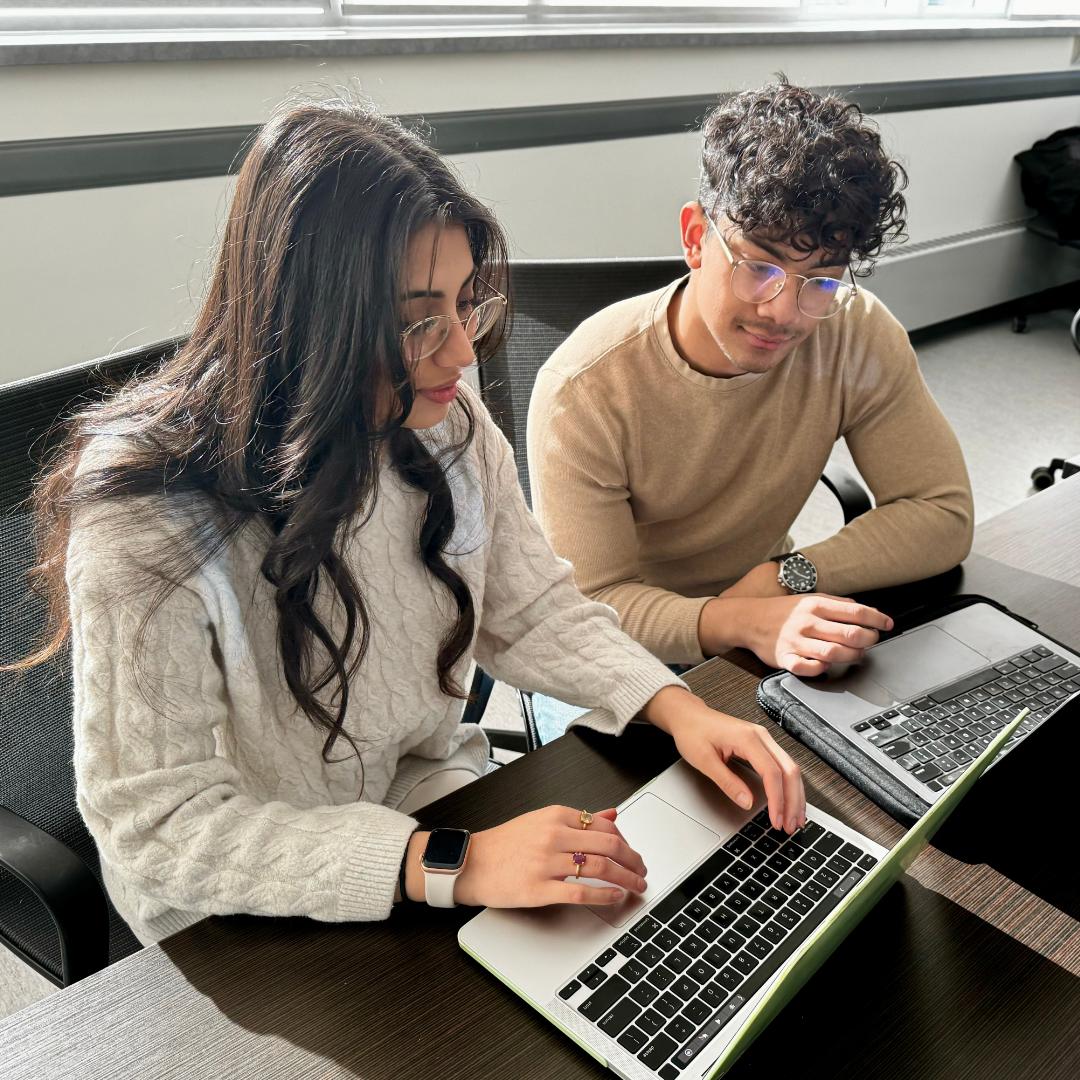Two college students from the University of Waterloo, Murto Hilali, and Kritika Grover, both at the Faculty of Humanities and Genetics, did their research at SickKids Research, utilizing AI tools to study genetic traits connected with cerebral palsy. Their valuable input is why they will be listed as authors of an upcoming paper entitled “Genetic breeding techniques before modern tools,” published by Nature Genetics.
Pioneering Cerebral Palsy study with AI and AlphaFold
The AlphaFold AI algorithm has been used to tackle proteins whose genes have mutations associated with cerebral palsy and to understand how they relate to the disease on the molecular level. This kind of project denotes how a digital application can provide the basis for discovering the genes responsible for the inherited disease that was previously indefinable due to the complexity of the illness associated with neurologic illnesses.
Hriday Hilali, who has been taking Biotechnology and Economics since the fall of 2019, began the presentation by explaining how AlphaFold has been used to have a representation for the structure of the genes in this condition and the association between those gene’s structures and cerebral palsy traits. His supervisor would surely appreciate Prof’s attentiveness to the crucial flaws as he has also been attempting to bring them to the forefront on his own.
Having done that, Shiwali Grover, a biochemistry student with an alternate degree in computing, took over the seat. Moreover, after that proof, the mass spectrometer was used to scrutinize the gene’s base pairing before being neglected by AlphaFold, which has connected the genetic form of a particular disease.
In addition, the extra year provided more room for the study—we managed to test much more, and so, in due course, we created the proof of concept: an AI technique capable of speeding up and increasing the volume of data without imbalance.
Implications for Future Healthcare
The AI in the genetic studies of SickKids is likely to be the most innovative case of how drug development processes in healthcare should be run in the future. AI-based analytics -Hitali and Grover studies—enable a simple lab setup by replacing physical experiments with simulations. Such an approach cannot only reduce the time taken for research firms but also extend the range of scientifically assessable areas and therapeutic developments.
The fact that they have had a thriving Co-op experience cannot be doubted, as was later shown by them working under exemplary guidance offered by Dr. Stephen Scherer (lead) and also through an environment that used research a tool to the developments. The scholars state that one of the objectives of the call to action is to apply classroom learning in real life and allow for cultural discovery. Moreover, they shade the dimensions where observatory knowledge should be generated.
Like before Waterloo, one of the core concepts of the University that has amassed over time is that co-op education is a named route for giving the students hands-on practical experience and networking bridges in sciences and technologies.
In this case, the collaboration between Waterloo students and the SickKids Research Institute is one of the two key elements enabling the solution of the mystery behind cerebral palsy.
News sourced from:waterloo university blog post





